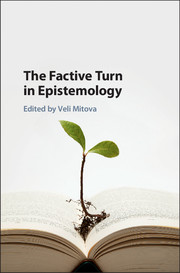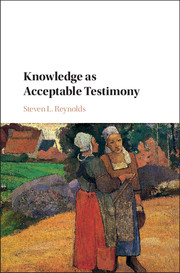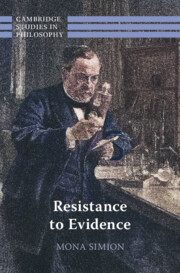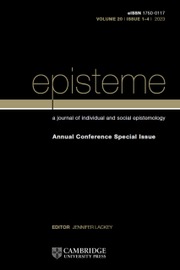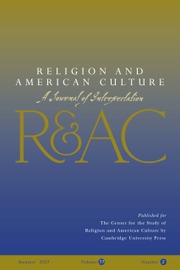The Attitude of Agnosticism
We often describe ourselves as agnostic on a wide range of topics, such as does God exist, is String Theory true, or will the President win re-election? But what, precisely, does it mean to be agnostic? This monograph employs the tools and techniques of analytic philosophy to offer a broad account of what it means to be agnostic in both theological and non-theological contexts, and offers a critical discussion of the major descriptive accounts of agnosticism in the contemporary analytic philosophical literature. Unlike most other volumes on the subject, which approach the question from a theological point of view, this is the first book-length discussion of agnosticism from a purely philosophical, as opposed to theological, point of view. It serves as a natural starting-point for students and specialists in philosophy and anyone who is interested in the topic of agnosticism through the lens of analytic philosophy.
- Offers a critical discussion of the major descriptive accounts of agnosticism in the contemporary analytic philosophical literature
- Serves as a natural starting-point for students and specialists in philosophy and anyone who is interested in the topic of agnosticism through the lens of analytic philosophy
- The first book-length discussion of agnosticism from a purely philosophical, as opposed to theological, point of view
Reviews & endorsements
'The Attitude of Agnosticism is a really welcome addition to the burgeoning literature on the suspension of judgement. Archer offers innovative solutions and answers that are sure to inspire epistemologists working in the field.' Anne Meylan, University of Zurich
Product details
No date availableAdobe eBook Reader
9781009214766
0 pages
Table of Contents
- 1. Introduction
- 2. Criteria for a satisfactory account of agnosticism
- 3. Competing attitudinal accounts of agnosticism
- 4. The questioning-attitude account of agnosticism
- 5. Agnosticism and the inquiring state of mind
- 6. The act-attitude account of doxastic neutrality
- 7. On the non-existence of practical agnosticism
- 8. Agnosticism and pragmatic reasons
- 9. Agnosticism, permissivism, and peer disagreement
- 10. Conclusion
- Bibliography
- Index.


